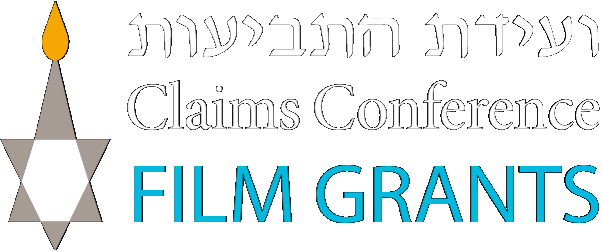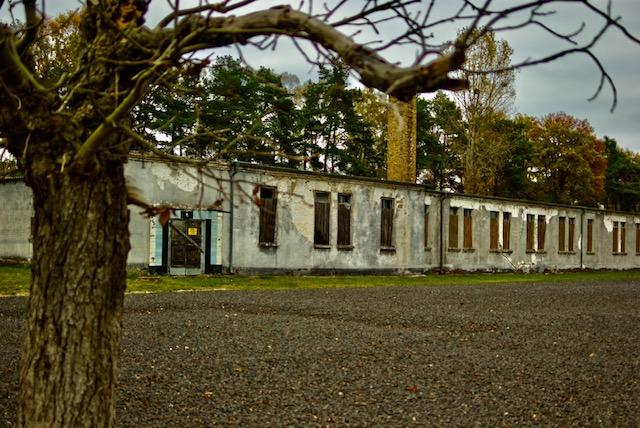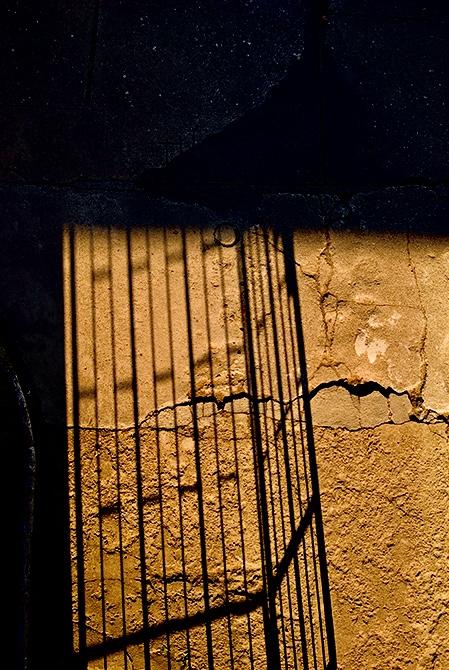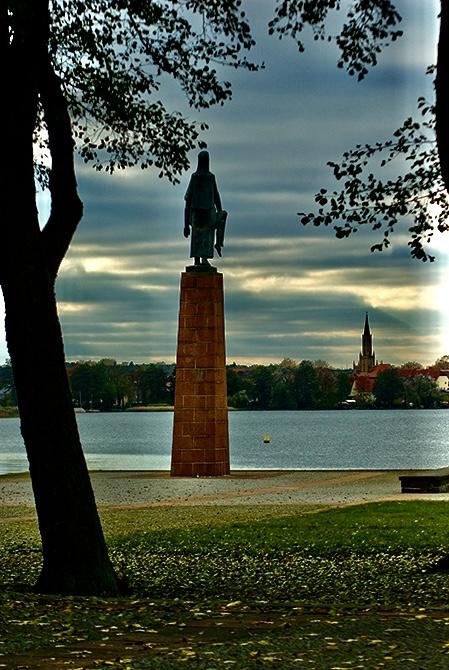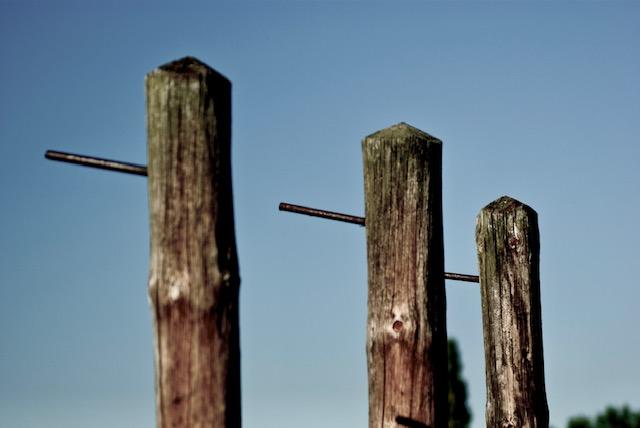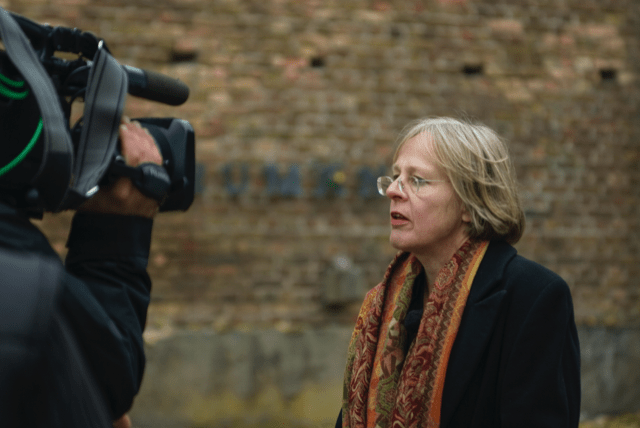Ravensbrück was the largest concentration camp for women on the grounds of the German Reich. Between 1936 and 1945, more than 200,000 people were imprisoned in Sachsenhausen.
Synopsis
RAVENSBRÜCK CONCENTRATION CAMP 1939 – 1945
Seventy-six kilometers north of Berlin is the medieval town of Fürstenberg; its quiet broken only by the breeze moving through the trees and an occasional church bell. Not far from the center of this village is a wall, rather tall and imposing, made not of hand-cut stones, but of concrete. Even more startling, more incongruous, is the second wall of barbed wire. It is only then that we realize that behind this wall separating tranquility from history is Ravensbrück, the largest concentration camp for women on the grounds of the German Reich.
SACHSENHAUSEN CONCENTRATION CAMP 1936 – 1945
Located in Oranienburg, a small town at the northern edge of Berlin, Sachsenhausen concentration camp was built in the summer of 1936 by prisoners from other concentration camps. The new concentration camp was designed and to express the world view of the SS in its architecture and at the same time symbolically subdue the prisoners to its absolute power. Between 1936 and 1945, more than 200,000 people were imprisoned in Sachsenhausen, starting with political opponents, and eventually adding people declared by the party to be racially or biologically inferior.
About the Director
Rosemarie Reed began her career in radio at WBAI, later becoming an independent radio producer. After receiving grants from the Corporation for Public Broadcasting (CPB) for segments on human rights, she was also awarded a grant to produce Conversations with Gorbachev, along with two other films on Russia. Afterwards, she turned her attention to women in science with support from The National Science Foundation and The Alfred P. Sloan Foundation, producing films on Lise Meitner, and Irene Joliot-Cuire.
Playing in the FM Band: The Steve Post Story is Reed’s latest completed film which tells the story of one of New York’s most revered and adored FM radio talk show icons. Currently in post-production is Forgetting The Many: The Royal Pardon of Alan Turing, the UK’s anti-gay laws that originated in the time of King Henry the VIII, and which still exist today in the UK and its’ former commonwealth; Nigeria.
Artistic Statement
Missing from much of Holocaust studies is the various roles women played as victims to the Nazi regime, found a place in the camps as guards, or on the sidelines as observers as wives and mothers, they remain barely visible. The Holocaust has always been seen as a male experience, but women played a major role in it. That is why I made this film that gives the audience another view of the experience.
Year
2011
Director
Rosemarie Reed
Screenplay
Victoria Zackheim
Producer
Rosemarie Reed
Narrator
Jill Eikenberry
Camera and Sound:
Tomas Meeves
